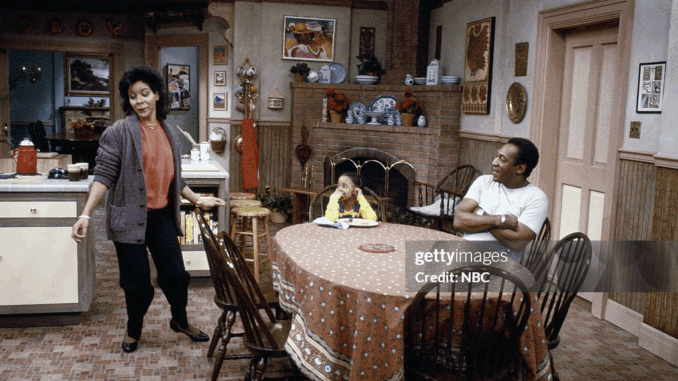
In the world of television, few families have left a mark as deep as the Huxtables — the fictional clan at the heart of The Cosby Show. For eight unforgettable seasons, they redefined what it meant to be a TV family. More than just characters, the Huxtables became symbols of love, humor, success, and cultural pride in households across America.
A New Face of the American Family
Premiering in 1984, The Cosby Show introduced viewers to Dr. Heathcliff Huxtable, a charismatic, joke-cracking obstetrician played by Bill Cosby, and his brilliant wife Clair Huxtable, a tough but loving attorney portrayed by Phylicia Rashad. Together, they navigated life with their five children in a Brooklyn brownstone filled with jazz, laughter, and strong values.
Each Huxtable child brought their own personality into the spotlight:
-
Sondra – the responsible eldest daughter and Princeton graduate, always striving for perfection.
-
Denise – the bohemian rebel with a big heart and even bigger dreams.
-
Theo – the only son, navigating adolescence with charm and growing maturity.
-
Vanessa – witty, intelligent, and often caught between childhood and adulthood.
-
Rudy – the adorable youngest, stealing scenes and hearts alike.
Their dynamics were familiar, yet fresh. The Huxtables argued, supported, teased, and taught each other — just like any real family. But unlike most sitcom families of the 1980s, this one was Black, educated, and thriving. It was a revolutionary image that resonated deeply across racial and social lines.
More Than a Sitcom — A Cultural Milestone
The Huxtable family broke barriers simply by being themselves. At a time when positive portrayals of Black families were rare, The Cosby Show offered something radically different: dignity without drama, comedy without caricature. The Huxtables weren’t exceptional because they were Black — they were exceptional because they were relatable.
Through everyday storylines — from school struggles to dating, sibling rivalry to life lessons — the show taught viewers the importance of education, respect, and unity. Episodes ended not just with punchlines, but with purpose.
The Family We All Wanted
Part of the Huxtables’ magic was that they felt real. Cliff’s goofy lectures, Clair’s sharp wisdom, the kids’ growing pains — it was easy to see your own family in theirs, regardless of background. For Black families, they were aspirational. For white families, they were eye-opening. For everyone, they were unforgettable.
The Huxtables weren’t just a TV family. They were America’s family.
The Legacy Lives On
Though The Cosby Show ended in 1992, the Huxtables’ legacy lives on in the many shows they inspired, including Black-ish, This Is Us, and Abbott Elementary. The family that once challenged TV norms continues to influence how family, race, and success are portrayed on screen.
While controversies around Bill Cosby have led many to reevaluate the show’s legacy, the Huxtable family remains a separate and powerful cultural symbol — one built on ideals of love, education, and respect.